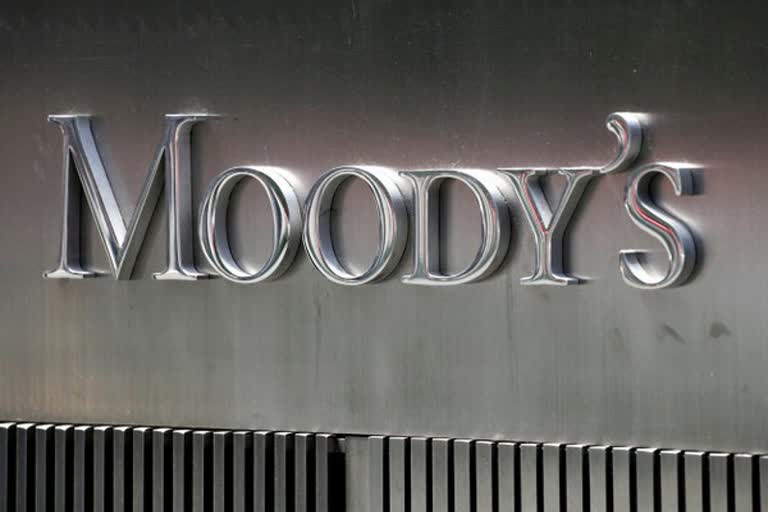Mumbai: Corporate tax reduction is credit positive for companies but increases the government's fiscal risks, global rating agency Moody's said on Saturday.
On September 20, Finance minister Nirmala Sitharaman announced a reduction in the base corporate tax rate to 22% from 30% as part of stimulus measures to revive the slowing economic growth.
Moody's current India rating is India (Baa2 stable).
The move is credit positive for companies because it will enable them to generate higher post-tax incomes. However, it is credit negative for the sovereign, as it aggravates mounting risks for the government in meeting its fiscal deficit target, it said
As such, the reduction in corporate income tax revenue - even when balanced against the windfall from the recent transfer of central bank surplus reserves, equivalent to around 0.3% of the GDP in the current fiscal year - further narrows fiscal room for manoeuvre. This assumes that the government does not cut expenditure to offset the revenue loss, Moody's said.
While the reduction brings India's corporate tax rate closer to peers throughout Asia and will support the business environment and competitiveness, a host of cyclical factors, including rural financial stress, weak corporate sentiment, and a slow flow of credit in the financial sector, remain headwinds to near-term growth, it pointed out.
"We do not expect the corporate tax rate cut to revive growth such that stronger tax buoyancy compensates for the loss in revenue", the agency warned.
Among Moody's rated non-financial companies in India, commodity and information technology (IT) services companies will benefit most from the tax rate cut. But the degree of strengthening in corporate credit profiles will depend on whether companies reinvest surplus earnings into their businesses, or use them to reduce debt or to boost shareholder returns.
In aggregate, rated non-financial companies in India reported a total pre-tax net income of about $35 billion for the fiscal year ended March 2019 (fiscal 2018). Assuming the earnings of these companies remain unchanged for fiscal 2019, they will save about $3 billion from the tax rate reduction.
The central government deficit target of 3.3% of the GDP in fiscal 2019 already assumes faster economic growth and higher tax buoyancy than Moody's expectations.
The July 2019 budget projected total corporate tax revenue of INR 7.7 trillion ($108.5 billion, around 4% of GDP), and the Finance Minister estimated that the decrease in the corporate tax rate will reduce revenue by around INR 1.5 trillion in the current fiscal year.
Read more: Aadhaar may be made mandatory for claiming GST refunds: Finance Minister



